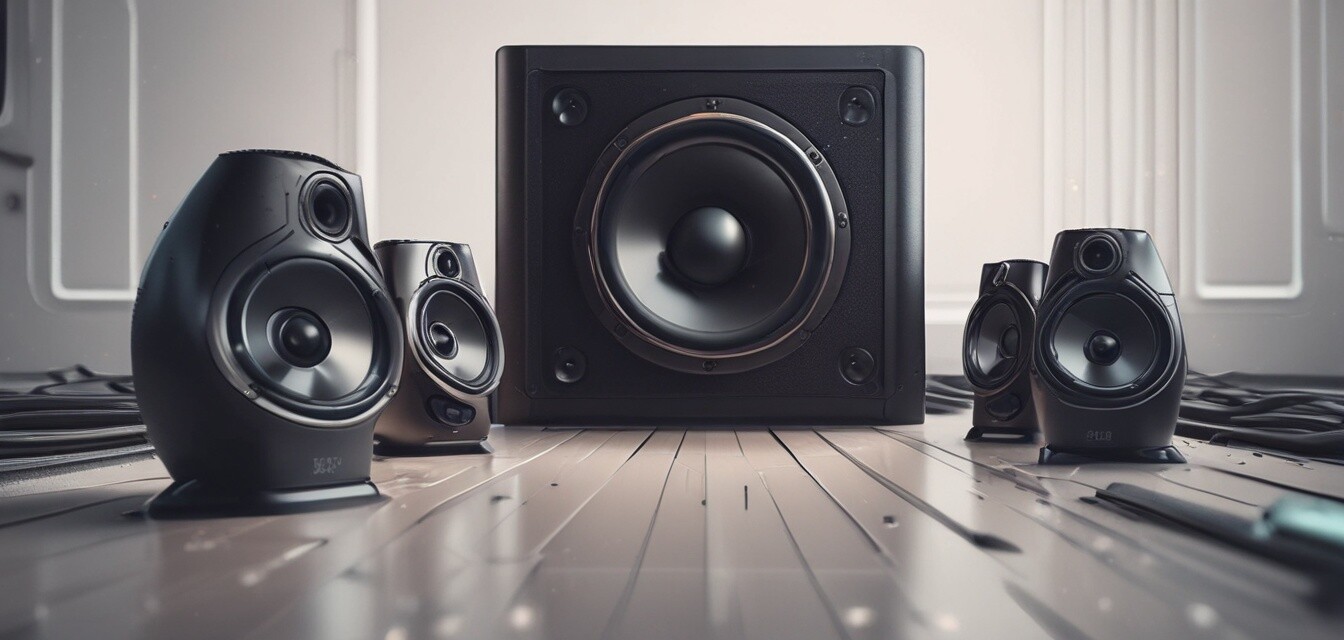
How AI is reshaping the audio experience
Key Takeaways
- AI enhances personalization in audio experiences, adapting sound quality to user preferences.
- Smart devices are utilizing AI for improved sound performance based on environmental factors.
- AI technology in audio is leading to smarter sound systems that can learn and evolve over time.
- Integration of AI in audio devices is shaping the future of home theaters and portable speakers.
The audio industry is undergoing a significant transformation with the integration of artificial intelligence (AI) technologies. From smart speakers to sophisticated sound systems, AI is personalizing and enhancing audio experiences in ways that were previously unimaginable. This article dives into how AI is reshaping our audio experiences, the latest trends, and what the future holds for audio devices.
Understanding AI in audio technology
AI refers to the ability of machines to perform tasks that typically require human intelligence. In the realm of audio technology, AI is applied in various ways to improve sound quality, enhance user interaction, and personalize experiences.
Personalization of audio experiences
One of the most significant ways AI influences audio technology is through personalization. Machine learning algorithms analyze listeners’ behavior and preferences, allowing for tailored audio recommendations.
Adaptive sound environments
Smart speakers equipped with AI can adjust their sound output based on environmental factors such as room acoustics and background noise. This ensures that users receive the best audio experience possible, regardless of where they are.
Examples of AI applications in audio technology
| Application | Description |
|---|---|
| Smart Equalization | AI technology can automatically tune the audio settings based on the type of music or media being played. |
| Voice Recognition | Devices can use AI for accurate voice command recognition, creating a seamless user experience. |
| Sound Scene Adaptation | AI allows devices to assess their surroundings and modify sound output accordingly. |
| Frequency Optimization | AI analyzes listening habits to optimize frequencies for improved clarity and quality. |
Trends in AI audio technology
As AI technology advances, several trends are emerging across the audio landscape:
- Increased integration with IoT: AI-driven audio devices are becoming essential in smart home ecosystems.
- Enhanced user interfaces: AI is improving how users interact with audio systems, making controls more intuitive.
- Immersive sound experiences: AI is enabling technology that creates 3D audio experiences for users.
The future of audio experiences with AI
The future of audio technology looks promising with the continuous innovation fueled by AI. From smarter home theater systems to portable speakers that adapt on-the-go, the audio experiences of tomorrow are poised to be more immersive and tailored to individual preferences.
Potential advancements
Some potential advancements include:
- AI-driven content generation for personalized playlists.
- Advanced sound imaging using AI for virtual reality applications.
- Integration of emotional analysis for mood-based audio selection.
Conclusion
Artificial intelligence is at the forefront of revolutionizing audio experiences, making them more personalized, adaptive, and immersive. As technology continues to evolve, we can expect even more innovative applications that will transform how we experience sound. For those interested in diving deeper into various audio technologies, check out our Buying Guides for helpful insights!
Pros
- Enhanced personalization of audio experiences.
- Improved sound quality and clarity.
- Seamless integration with smart home devices.
- Adaptability to different environments.
Cons
- Potential privacy concerns over data collection.
- Higher costs associated with advanced AI-enabled devices.
- Requires periodic updates to maximize performance.
Stay updated with the latest trends
If you're eager to keep up with the most recent developments in audio technology, explore our News and Trends section for the latest insights!